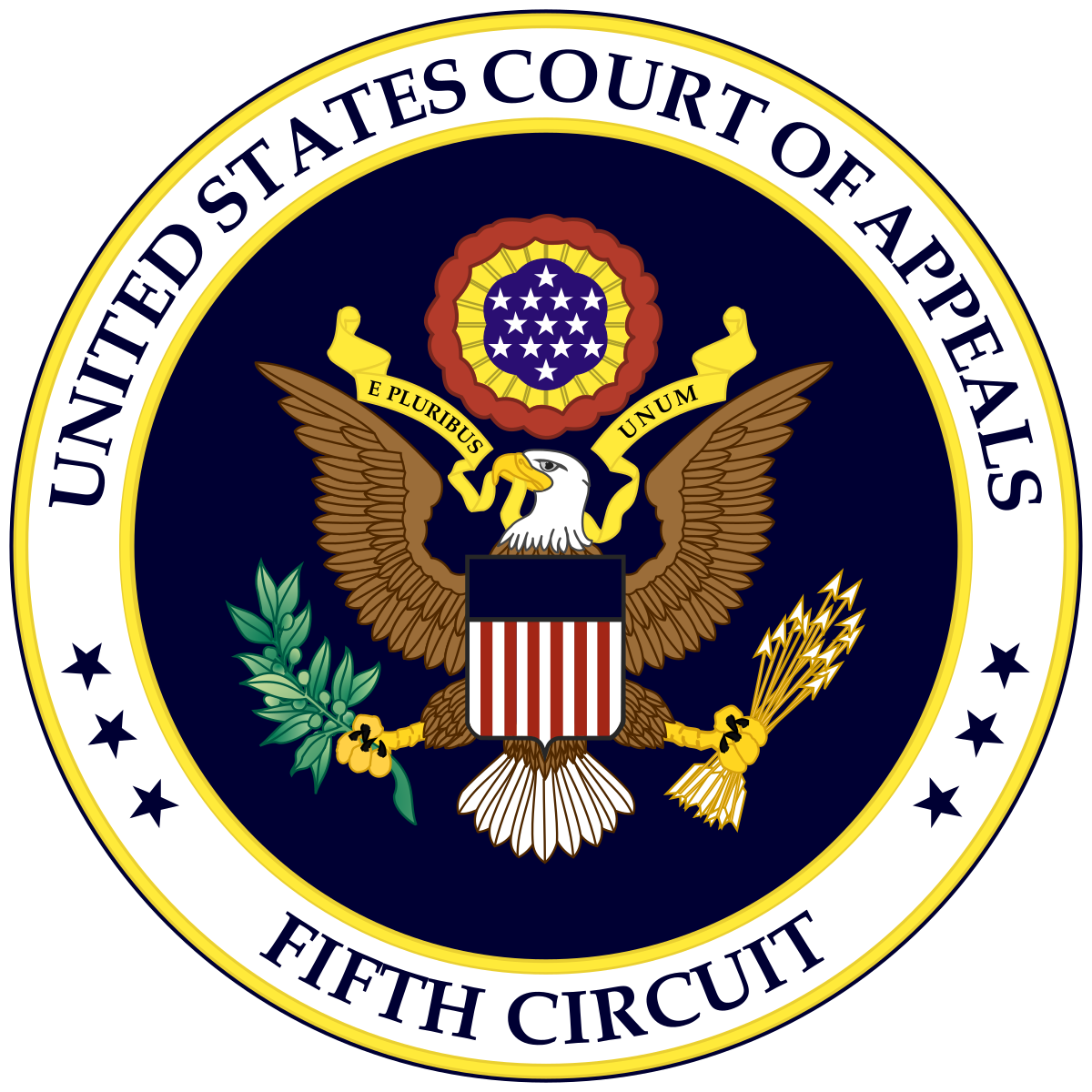Originally published on Forbes.com.
When Brian Brinkley received $3.1 million for his interest in Zave Networks Inc in 2011 when it merged into Google, he thought the whole amount should be taxed as a capital gains. He found it rather disconcerting when $1.8 million showed up on a W-2. So he completed a Form 4852 to attach to his return, which is how you are supposed to register your disagreement with a W-2. He reported the $1.8 million on Schedule D. The IRS did not agree with that and dinged him for $369,071 in additional tax and, as is pretty routine, a $48,036 accuracy penalty. The Tax Court backed up the IRS. Mr. Brinkley appealed to the Fifth Circuit and he was turned down there also.
Background
I covered the original Tax Court decision here, so I’ll just give a quick recap. Mr. Brinkley had been one of the founders of Zave and as various rounds of capital raising diluted him, he insisted that he would not put up with being below 3%. It happened anyway, but when the sale to Google lined up at $93 million and he was told that his share would be $800,000, he indicated that wouldn’t work. There were successive rounds of negotiation that resulted in Mr. Brinkley getting over $3 million, but he had not realized that some of the additional amount was characterized as either deferred comp or a signing bonus of sorts.
The Tax Court was very unsympathetic to his arguments.
Fifth Circuit Is No Help
I thought that Mr. Brinkley had a pretty strong argument.
Brinkley contends that the tax court’s finding was clearly erroneous. Brinkley argues he negotiated a price for the sale of his stock well above its value as calculated by Zave—$3.1 million versus $787,671 for the same block of 1,340,000 shares—and that the correspondence culminating in letter agreement II reflected the parties’ mutual assent to this arrangement. Brinkley cites his agreement with Zave, under which he was assured that his equity interest would not dip below 3% of the company, and his negotiating power as a key employee and the holder of certain IP, as proof that Zave had an incentive to pay him far more than the value of his shares in order to secure his consent to the merger. He also points to the text of the various letter agreements as evidence that he and Zave arrived at the sum of $3.1 million without reference to past or future services, and he contends that none of this amount could be for deferred compensation because he has never held any deferred-compensation plan. Further, Brinkley asserts the compensation could not be for future services because the separate employment agreement he signed with Googlealready generously compensated him for his future services by providing him an annual salary of $231,000, an annual discretionary bonus of 25% of his peer-group salary, and a $2.5 million stay bonus.
The Fifth Circuit did not find it compelling.
Brinkley’s arguments are unpersuasive for several reasons. First and foremost, the plain text of letter agreement II supports the Commissioner’s position. It sets forth two conditions on Brinkley’s receipt of the merger consideration: (1) the exchange of Brinkley’s Zave shares and (2) the execution of a Key Employee Offer Letter and Proprietary Information and Inventions Assignment Agreement with Google. Brinkley argues that the entire $3.1 million in consideration must have been for the first condition alone, as this amount had been set in letter agreements I and I(a)—which contained no reference to the second condition—and he was set to receive generous compensation from Google for his future employment. But letter agreement I is ambiguous in its intent—it provided compensation for Brinkley’s stock, but also stated in its introduction that the agreement was “in consideration of employment with .” Further, while letter agreement I(a) does seem to provide consideration exclusively for Brinkley’s stock and does not mention past or future services to be performed, this letter was never actually presented to Brinkley. Most significantly, neither letter agreement I nor I(a) were ultimately executed by the parties and are thus of limited relevance. Both parties ultimately executed letter agreement II, which unambiguously lists both conditions and includes a merger clause that supersedes all prior agreements
I had thought given his diligence with the Form 4852 that the IRS was overdoing it with the penalties. The Tax Court and the Fifth Circuit both held against Brinkley that he had signed an agreement without checking with his advisers and that he had not fully informed his advisers before taking the return position.
Is There A Lesson Here?
The main lesson is that you really should get your documentary ducks in a row, before you sign off an agreement. But when you are a small piece of a large deal and you are planning to work for the acquirer the amount of leverage you have is limited. It is really tough to fly in the face of a W-2. The better strategy might have been to pay the tax upfront and then amend and sue for refund. That would have eliminated the penalty exposure and also put the initial decision in district court rather than with the Tax Court.
































































































Trackbacks/Pingbacks